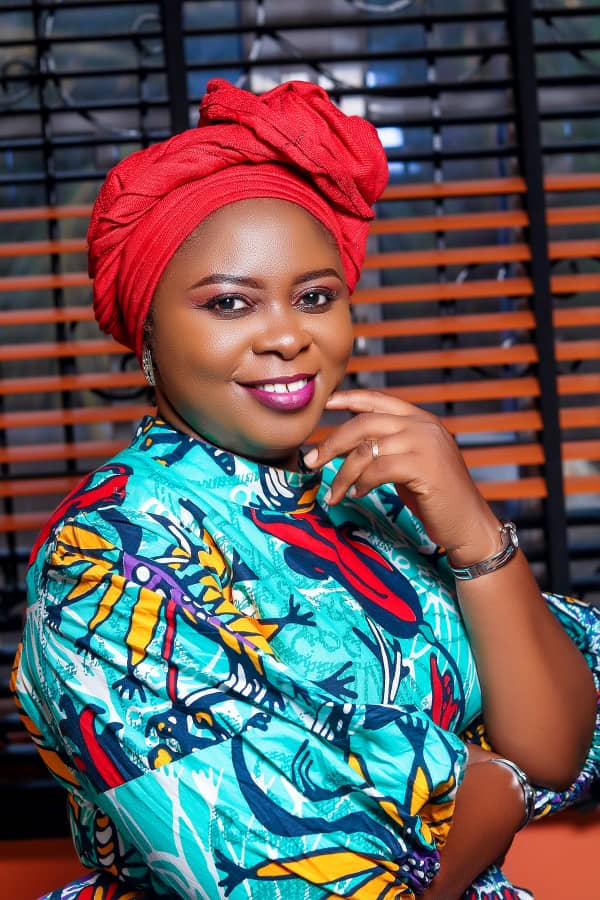Is widowhood meant to be a burden?
Widowhood is a period when a person has lost his or her spouse by death and has remained unmarried. The state of widowhood has multiple intersecting elements –social, cultural, economic, and even historical.
This period of life comes with challenges, a reality which led the UN to set aside a day every year (23 June) to look at the rights of widows and the issues that affect them.
Widowhood is traumatic and comes with a lot of shenanigans. It is always not easy for one to lose a spouse. The emotional trauma that comes with not seeing someone you have shared your life with permanently is not something one would ordinarily want to think about.
It’s heart breaking that women are the worst hit when they lose their partner. While widowhood affects both genders, the women are virtually treated worse than the men. Men are not even allowed to mourn their better half as they are encouraged to marry early in order to fill the vacuum. Women on the other hand are encouraged to stay without remarrying in order not to be seen in a bad light.
The women are sometimes treated as if they are responsible for the death of their spouses. The society has not always been fair to women. It’s a man’s world after all. That’s what they say.
In patrilineal and patriarchal societies, including Nigeria, descent is traced through males, with systems controlled and dominated by men. In such societies, women are expected to be subservient. Becoming a widow often compounds the disadvantages. It creates a doubly marginalised subgroup and sometimes, subject women to dehumanising rituals and harmful practices.
In Nigeria, widowhood comes with a lot of burdens which include maltreatment, discrimination and stigmatisation.
Most times, tradition, modernity and neo-patriarchy all present challenges to Nigerian women.
Some traditions bar women from inheriting land and property. Upon the death of a husband, the widow loses all she had acquired by herself and from her husband. She would be traditionally dehumanised through compulsory mourning rituals like forced seclusion. During the period of her seclusion, she would not see the sun or moon for that period neither will she eat any food cooked with palm oil. This act alone, can make a woman lose her mind. I know a widow who became a shadow of herself after her husband died. The husband’s family did not even show her any form of love, mercy or sympathy instead, they showed her hatred and fire. It got to a time, this widow needed to submit her passport photograph for an official work: The photographer was invited, he took the shots and promised to return with the printed copies. When he came, he handed her the pictures and instead of seeing herself in the copies, she saw a ghost which prompted her to ask the photographer why he gave her someone else’s pictures and he responded: Mummy, these are yours. She called on one of her daughters to help her check and she too said, mummy, this is you… she screamed and with tears welled up in her eyes said: “why didn’t you people tell me I look like a ghost.” From then, she paid a little bit of attention on herself especially her mental health.
The impact of this on children and the widow’s livelihood, psyche and health are not considered. Some practice widow inheritance, which is when a woman was expected to voluntarily or compulsorily marry her late husband’s brother or relative. According to a story I heard, a dead man’s younger brother wanted to inherit his late brother’s wife and somehow, he didn’t succeed and when that was the result, this man started maltreating this widow and deliberately, was bad mouthing her to their kinsmen.
In some cultures, widows are made to sleep on bare floor and eat from broken or condemned plates. She would be prevented from changing her clothes and sometimes, from bathing, stepping out to her business or work place and even to the market.
For some part of the eastern parts of Nigeria, widows are accused of killing their spouse and would be forced to drink the water the deceased was bathed with also, her hair would be shaved off and some again, are forced to have sex with the corpse.
One painful thing about widowhood for the woman is the fact that sometimes the husband’s family never cared nor showed interest in their affairs before his death. It’s even possible that the woman had a good relationship with her husband’s family before his demise. It’s also possible that she was in touch in them probably during the time of his ill-health if he was sick before death. When the death is announced, even before the body gets cold, they begin to hustle to take over his properties. They do not even consider the fact that he left a family or children behind to be taken care off.
There is no arguing the fact that death is inevitable. There is a time to be born and a time to die, therefore people must die. Who will die first is what only God can tell.
Sometimes it looks as if the husband’s kinsmen or extended family members were just waiting for the opportunity to pounce on the wife or take over the property. It’s worse if the woman bore no child for the man or didn’t give birth to a male child. It’s also terrible if the woman is an illiterate or does not have people from her family to give her the needed support. The irony is that most times it is the women that perpetrate and perpetuate this inhumane treatment. But when a woman is rich or wealthy and well to do, such acts are not meted on her.
It is high time the society took a look at these acts that are dehumanising. People are beginning to get wiser and the society is evolving. While the place of culture is important, the human dignity should be taken into consideration.
The woman is much of a human being as much as the man. The dehumanising widowhood practices should be reconsidered. The trauma people go through is more than enough, they don’t need to be put through more grief and pain.







